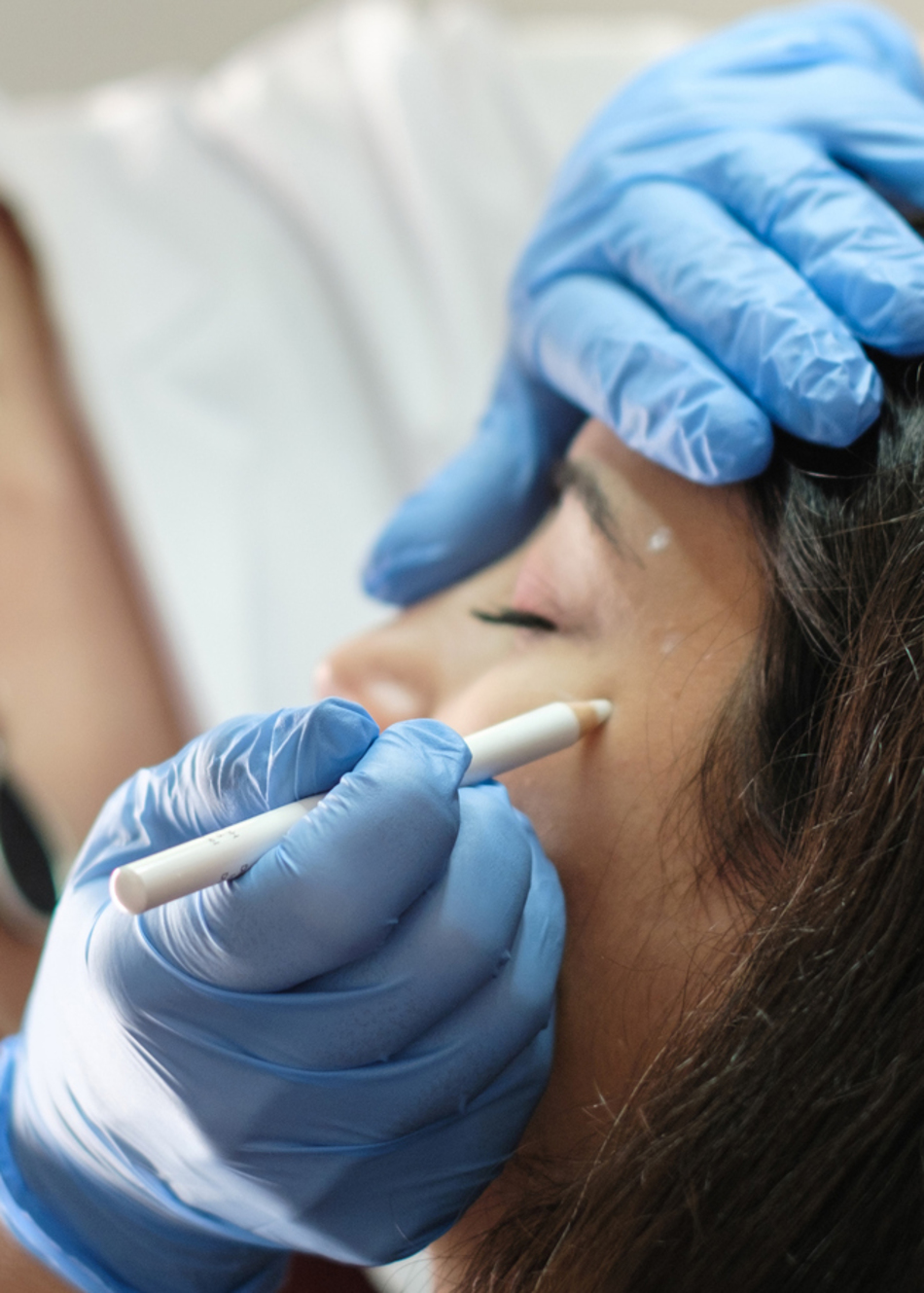
Interviewer: So maybe you're considering getting a cosmetic or a reconstructive procedure done. We've all seen the before and after photos, but it's there's sometimes a journey in between those two points, and to kind of talk us through this is Dr. Courtney Crombie. She's an Assistant Professor and plastic surgeon with University of Utah Health.
Now, Dr. Crombie, what are some of these, you know, you see in magazines, you see on advertisements, you know, the before and the after. But, you know, there's a lot more involved with the recovery, regardless of what your procedure is. Why don't you walk me through some of the things that you as a surgeon really want your patients to understand when they're first thinking about these kinds of procedures.
Dr. Crombie: So most of the time, you know, our patients come and meet with us. They'll have at least one, and sometimes multiple meetings with us prior to a given procedure. And then on the day of the procedure, once again, we meet in the morning. They'll meet their anesthesiologists, and then they'll meet with us, and usually, depending on what the procedure is, we'll do our markings and our consent forms and then off to surgery.
After the procedure, we usually see them within the first week for their first follow-up appointment, and it'll either be with the surgeon, or someone on our team to check in and make sure that they're doing okay with their pain medicines and that our surgical sites are doing okay, if there is drains involved, you know, a drain check and just to see overall how they're doing.
On my service, I usually end up seeing patients probably every one to two weeks after their procedure until the kind of the final product of our procedure is done, which may be anywhere up to six weeks later. All our checkups were following drain outputs and removing drains, checking on wounds, removing Steri-Strips, and when it is time to start doing massages on massaging of scars, we will talk you through that portion, talk about sun exposure to scar, and get you through everything to the end product.
Interviewer: So beyond say scar care, wound care, pain management, what are some other things that they also should be keeping in mind? I would assume that, you know, they're going to be out for a while, they're not going to be able to, you know, lift anything, run around with the kids. What are some of those other kind of, you know, social and psychosocial aspects of all this?
Dr. Crombie: We discuss with you your daily activities of what we start allowing you to do, from walking the dog to, you know, carrying your children, playing with your kids, riding a bike. Whatever the activities are, we're usually discussing what those things are that we think is okay to do based on what wounds you have, what muscles are lying under those wounds. So we're very involved with everything because we want you to have the very best outcome for the things that we're helping you through.
Interviewer: So a patient who, you know, they hear that it's going to be a process, right? They hear maybe they're going to hurt for a while, they might have to, you know, work through one thing or another, what is something you tell them to kind of reassure them, if this is something they really want to do?
Dr. Crombie: I remind them that there are going to be good days and bad days, and on your good days, you really need to sort of tone it down so that your bad day, you don't totally crash. And I ask them about their support system, and I encourage their significant others to help them through on, you know, to be their cheerleader, and to help them through on their bad days, and hopefully they have a good support system. We want our patients to do well. It's a reflection of us, of course, and, you know, we want the best for our patients. We want good outcomes for them. And that's why we're here.


